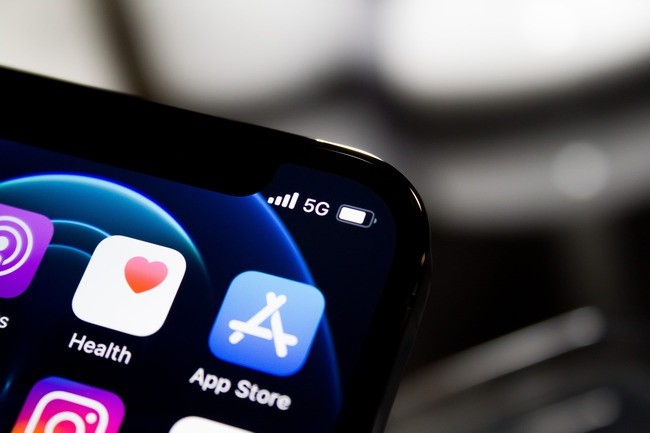
Apple is set to divide the App Store into two sections, complying with the European Union's Digital Markets Act (DMA), which mandates app sideloading in the region. In preparation for the March 7 deadline, Apple plans to separate the App Store in the EU from the rest of the world. This move follows a meeting between Apple CEO Tim Cook and EU antitrust chief Margrethe Vestager, who emphasized Apple's obligation to allow third-party app stores and sideloading under the DMA.
The Act is expected to prompt significant changes to how the App Store, FaceTime, and Siri operate in Europe, including developers' ability to promote offers outside the App Store and use third-party payment systems.
Apple Set to Allow Sideloading and Third-Party Payments in Compliance with EU's Digital Markets Act
The Digital Markets Act (DMA) mandates that Apple permit users to sideload apps, enabling the installation of applications outside the App Store. While Android users have had this capability through APK files, Apple is compelled to allow sideloading under the DMA.
Additionally, developers must be free to incorporate third-party payment systems within their apps and advertise offers inaccessible via the App Store to comply with DMA regulations.
This requirement represents a significant shift for Apple, aligning with the DMA's aim to promote competition and fairness in the digital market. The changes are expected to impact how apps are distributed and monetized on Apple devices, introducing more flexibility for users and developers.
In addition to changes in the App Store, Apple is anticipated to modify FaceTime and Siri in Europe to comply with antitrust regulations. The company aims to establish a system allowing developers to offer apps outside the App Store, addressing concerns associated with app sideloading and third-party payment systems.
While Apple has expressed concerns about potential harm to user data with app sideloading and third-party payment systems, implementing guidelines or protection measures could mitigate these risks.
The adjustments could result in separate guidelines for third-party developers to upload their apps. The changes may impact Apple's ongoing conflicts, such as the legal battle with Epic Games over payment issues, potentially paving the way for "Fortnite's" return to the App Store with app sideloading features. The exact method of splitting the App Store remains uncertain, with possibilities ranging from a separate app store to a new tab within the existing one.
Stay tuned for more details on Apple's implementation of these changes.
Also Read: Apple Watch Series 9 Returns To Black Friday Pricing - Save $70 On Every Color And Band Combo!
Mark Gurman's Prediction
Last year, tech analyst Mark Gurman predicted that Apple was working towards allowing users to sideload apps not hosted on the App Store by the first half of 2024. The approach would involve a "highly controlled system," suggesting Apple would subject such apps to security checks before installation on iPhones.
In November 2023, Apple, in its Form 10-K filing with the US SEC, acknowledged an expected need for App Store adjustments to align with the European Union's Digital Markets Act (DMA). The filing hinted at potential policy changes related to platform access charges for developers, external app distribution, and communications concerning third-party billing systems.
While there's no official word from Apple on EU sideloading support in the coming weeks, these anticipated changes are likely confined to the EU, with little likelihood of similar implementations in regions where third-party app stores and sideloading are not obligatory. However, future legislation might extend these modifications to other areas.
Related Article: Top IOS App Deals: Discounts On 'Rain City,' 'One Way The Elevator,' 'ISOLAND 3,' And More!
© Copyright 2025 Mobile & Apps, All rights reserved. Do not reproduce without permission.

















